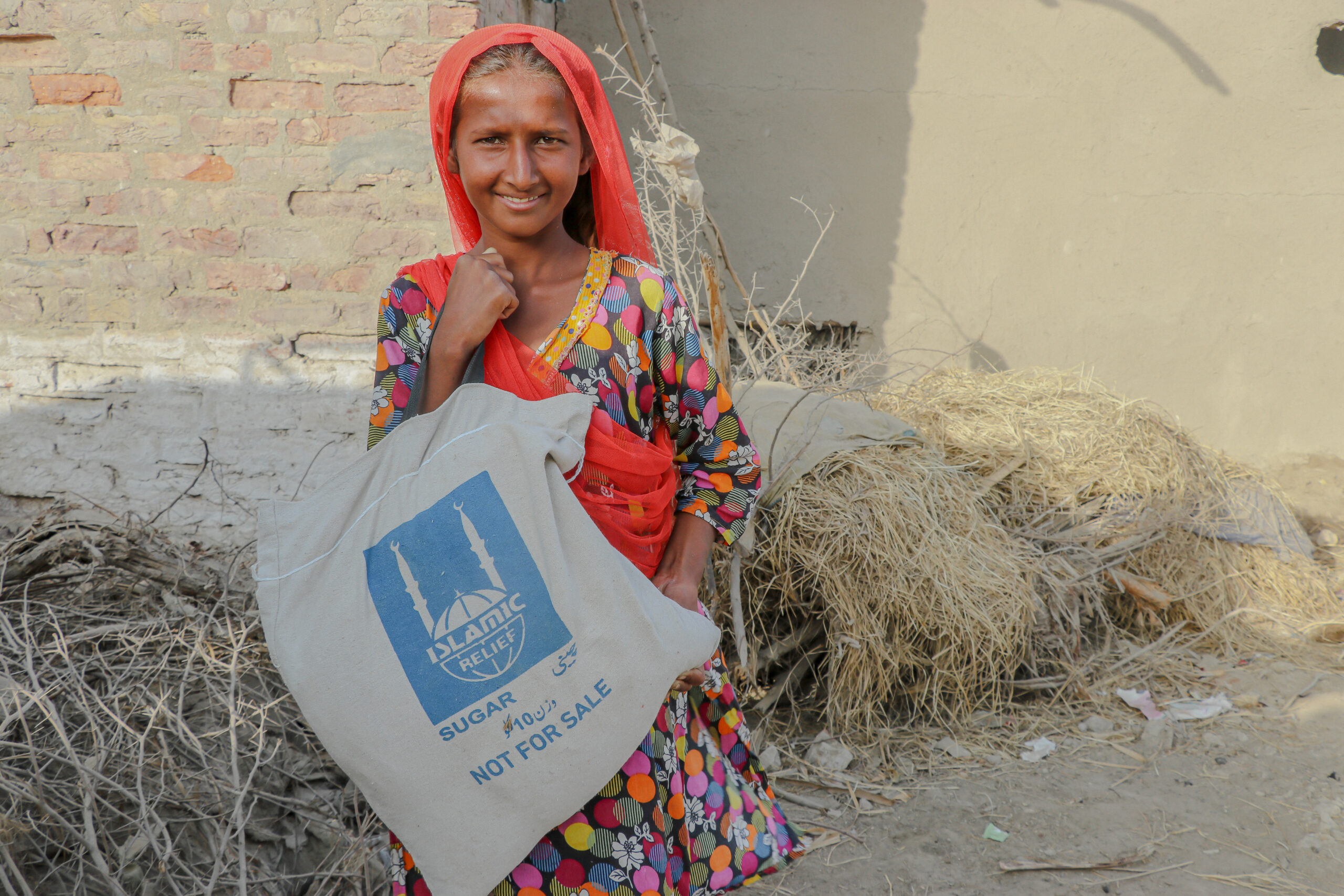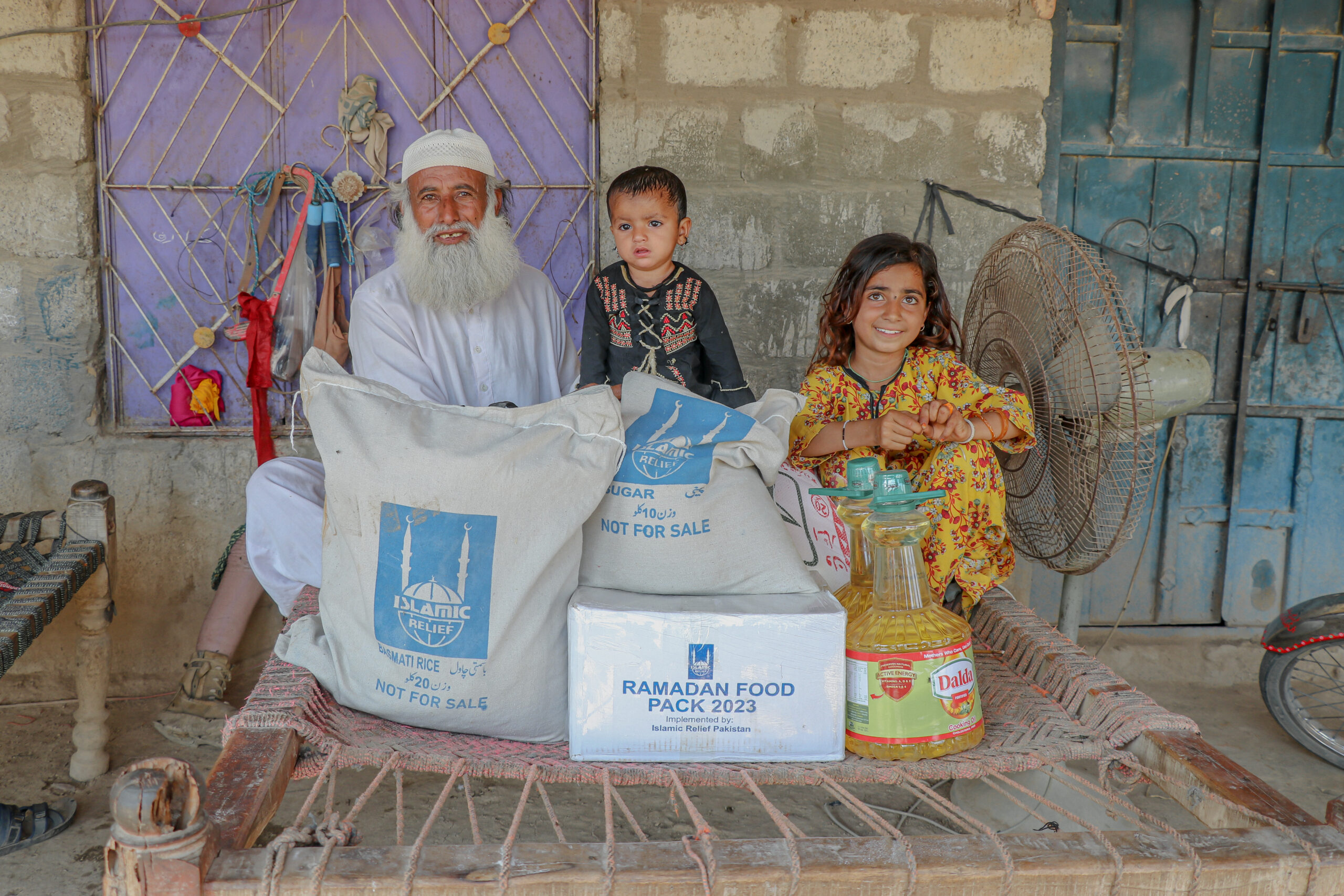
03.01.24
Making Up for Missed Fasts: Do I Give Fidya or Kaffarah?
Fasting, or Sawm, is one of the Five Pillars of Islam. During Ramadan, the ninth month of the Islamic calendar, it is compulsory for every Muslim, who is healthy and of age, to fast.
To complete this important act of worship (ibadah), one must fast from dawn to dusk for the whole month, abstaining from food, drink and sexual relations. But what happens when someone is unable to follow the rules of fasting during Ramadan?
If a Muslim is unable to fast during Ramadan, they need to make up for each day they missed later on. If they are incapable of making up the fasts, they must pay a charitable type of compensation: Fidya (Fidyah) or Kaffarah. Which one they pay depends on their reasoning for breaking their fast, as certain circumstances allow an individual not to fast.
What are Valid Reasons Not to Fast During Ramadan?
Allah (SWT) mentions in the Qur’an that it is valid for a believer who is sick or travelling not to fast if it is difficult for them to do so.
Elderly people, pregnant or breastfeeding women and those dealing with chronic medical conditions or illnesses can be exempt from fasting if it harms their health.
Women are also not permitted to fast if they are on their period or experiencing post-partum bleeding. As mentioned by the Prophet (SAW), “Isn’t it true that a woman can neither pray nor fast during her menses?” (Sahih Bukhari).
For one who is travelling, those who are journeying (lawfully and not to avoid their duty of fasting during Ramadan) for an extended period of time and exceeding a certain distance are allowed not to fast.
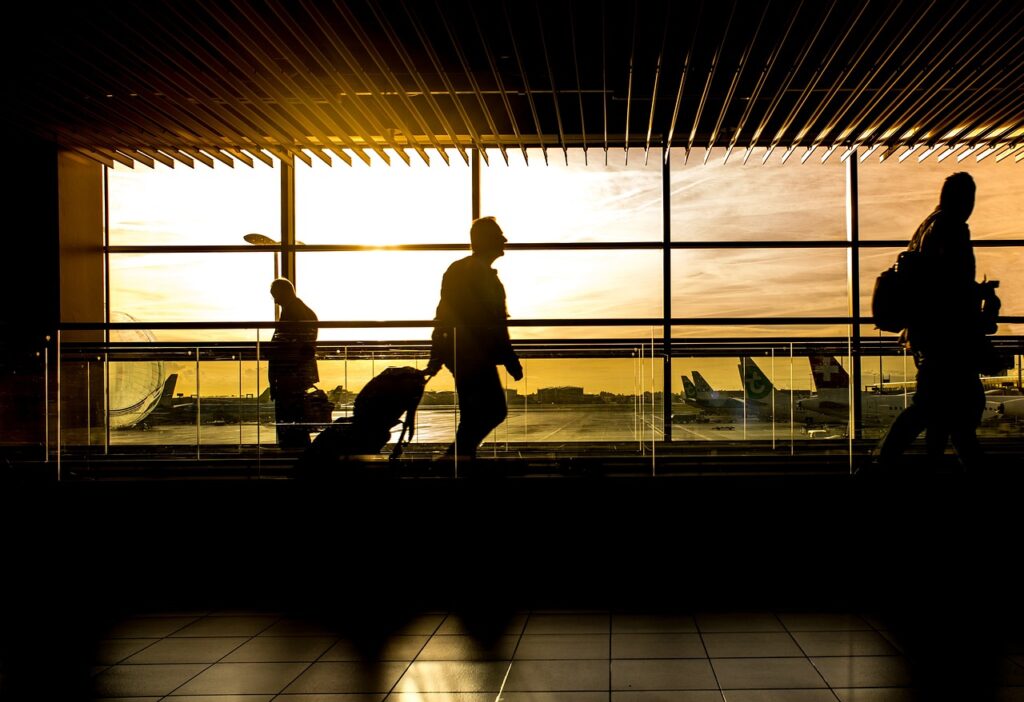
While the specific time and distance can vary, many scholars agree that the minimum distance should be the same as the one that permits a traveller to shorten their prayers, which is four burud (approximately 88.7 km in distance) from one’s home city’s borders.
In all these cases where a fast is broken for a valid reason, one should make up for the number of days they missed after Ramadan as soon as possible. However, if they are unable to do that, one can pay Fidya rather than Kaffarah.
What is Fidya?
Fidya is a payment made by Muslims who were unable to fast during Ramadan out of necessity and are struggling to make up for it later.
Usually, those who were unable to fast during Ramadan should make up for them by fasting outside of Ramadan as soon as possible. However, for those with chronic health conditions, prolonged illness, or any other valid reason that makes it difficult for them to fast, making up for their missed days may not be possible.
In these cases where a Muslim is unable to make up the fast indefinitely, they can pay compensation instead. This is Fidya, and the amount they pay is equal to the price of feeding one needy person, times by each day of fasting missed.
How much is Fidya for Ramadan 2024?
Fidya is a payment equal to the amount needed to feed a needy person, multiplied by the number of fasting days missed.

Due to global economic conditions, inflation, exchange rates and the average cost of a meal differing from country to country, the exact cost of Fidya can vary. However, in Australia, the amount for Fidya this year is $18 (AUD). This is the amount set by ANIC in 2024.
Once you know the Fidya amount, calculate the payment you need to give. First, determine the number of days you were unable to fast during Ramadan. Then multiply this number by the Fidya amount.
It is important to note that Fidya is paid by only those who were unable to fast due to a valid reason and are unlikely to be able to make it up in the future. It is not a substitute for fasting, as it is better for one to make up their fast as soon as they are able to.
Thus, if someone misses a fast without a valid reason during Ramadan and is unable to make up their fasts, they should pay Kaffarah.
What is Kaffarah?
Kaffarah is a penalty paid by Muslims who intentionally break their fast during Ramadan without a valid reason and are also unable to fast for the full number of days needed to make up for it.
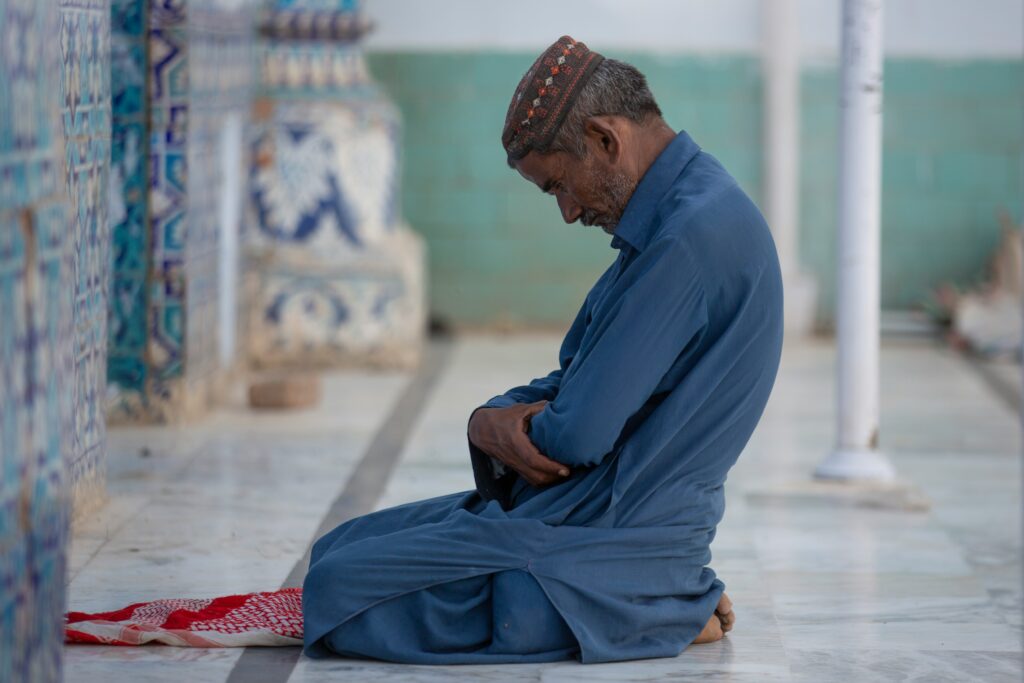
The number of fasts needed to make up for not fasting without a valid reason during Ramadan is much greater than one who could not fast out of necessity. To make up an intentionally broken fast, each individual must consecutively fast for two lunar months (around 60 days) outside of Ramadan for every day missed.
For example, if a Muslim intentionally missed 3 days of fasting, they must fast for approximately 180 days straight to make up for it. If they miss even one day after they start making up their fasts, they must restart fasting from the very beginning. Thus, those who cannot handle the toll of fasting for this many days then must pay Kaffarah.
How much is Kaffarah for Ramadan 2024?
Kaffarah is a payment equal to the amount needed to feed 60 needy people, times the number of fasting days missed. It is much greater than the number of needy people needed to be fed for Fidya. The amount of Fidya is equal to the price of feeding one needy person times the number of fasting days missed.
However, the amount needed to pay for one needy person for Kaffarah is also the same as Fidya, which is $18 (AUD) in 2024. Therefore, your Kaffarah amount for this year will be this number times by 60 multiplied by the number of fasting days of Ramadan you intentionally missed.
Where to Make Fidya and Kaffarah Payments
As Muslims, we should be aware of Fidya and Kaffarah and learn when and where to make these payments if we’ve missed fasts during Ramadan.
If we struggle to make up our fasts during Ramadan, we pay Fidya if we miss them for a valid reason and Kaffarah if we don’t. The payment can be made once the appropriate amount of Fidya or Kaffarah has been calculated. It can also be paid at any time of the year, but it is recommended to do so as soon as possible after Ramadan.
It is also important to pay these compensations with good intentions and sincerity, ensuring they can support those most in need in our Ummah.
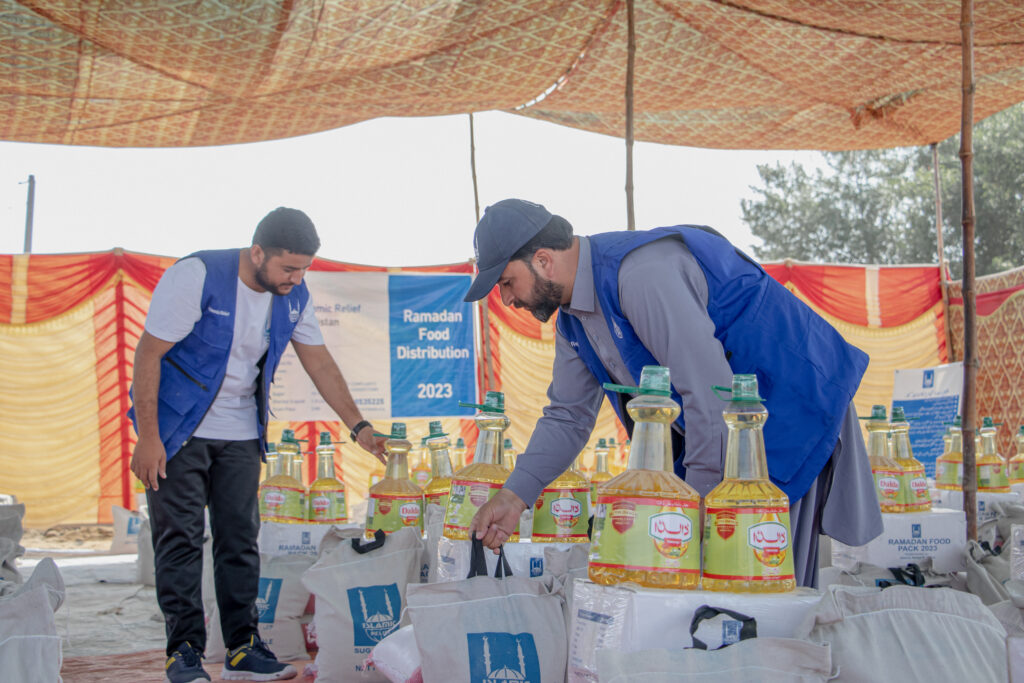
When you give Fidya and Kaffarah with Islamic Relief, your donation helps support millions of people in need in over 40 countries. Our teams are on the ground in countries like Jordan, Syria, Palestine (Gaza), Pakistan and Afghanistan, delivering life-saving aid.
In every aspect of our work, we strive to reach as many people as possible, granting even the most devastated communities hope for a brighter future.
Your Fidya and Kaffarah Saves Lives
Don’t let your inability to fast during Ramadan stop you from making the most of it. See your support change lives when you give with Islamic Relief.

